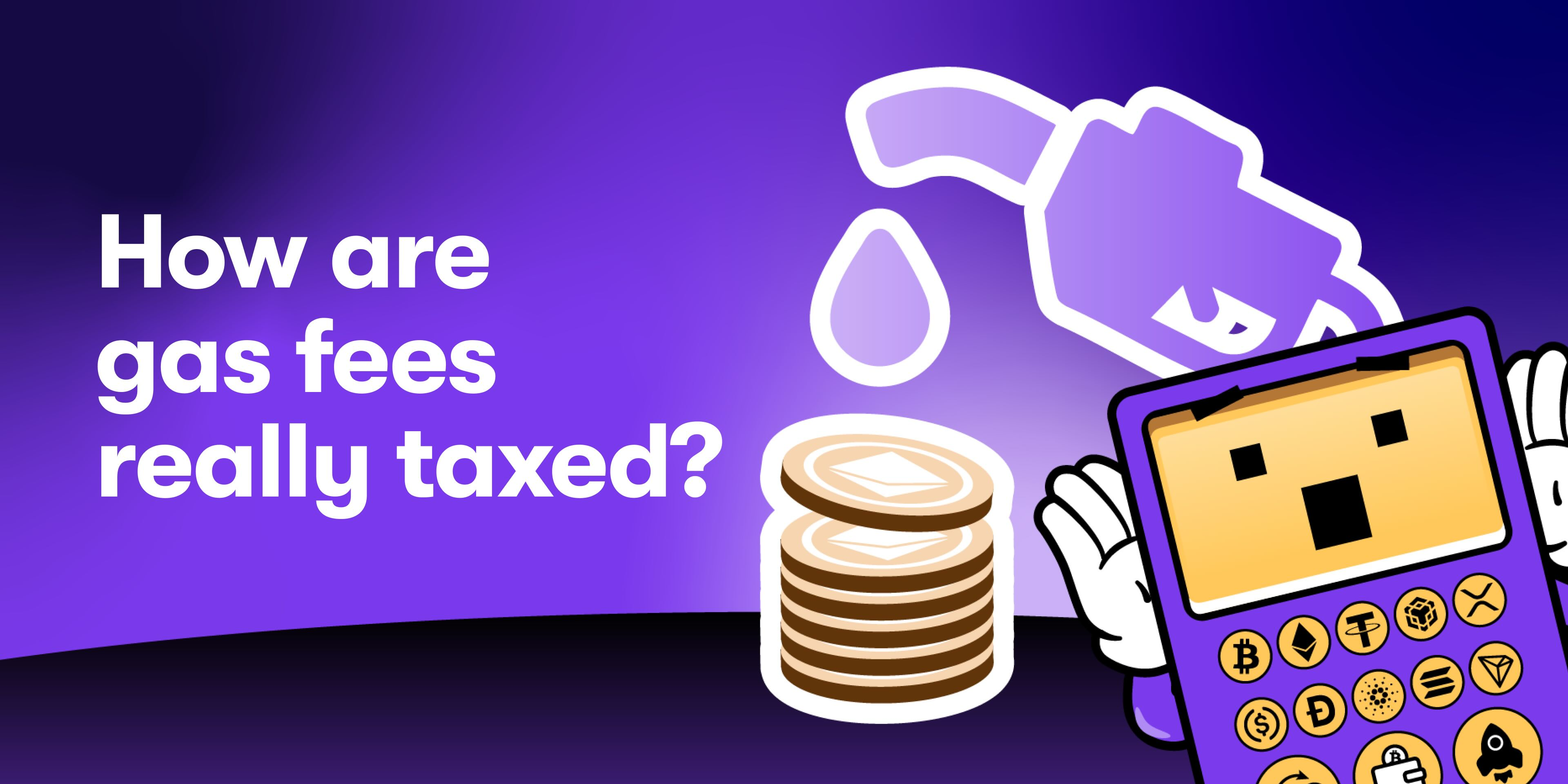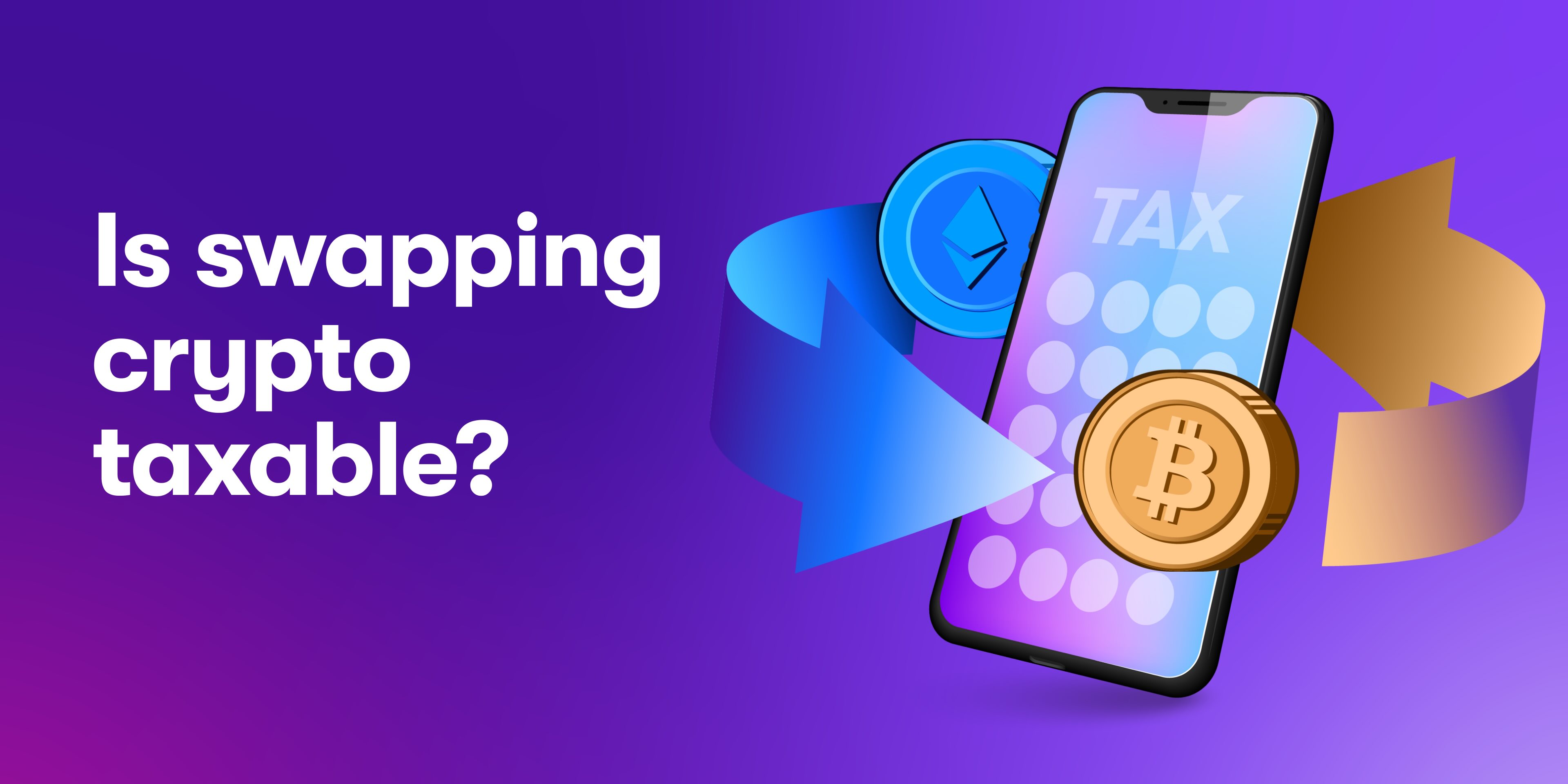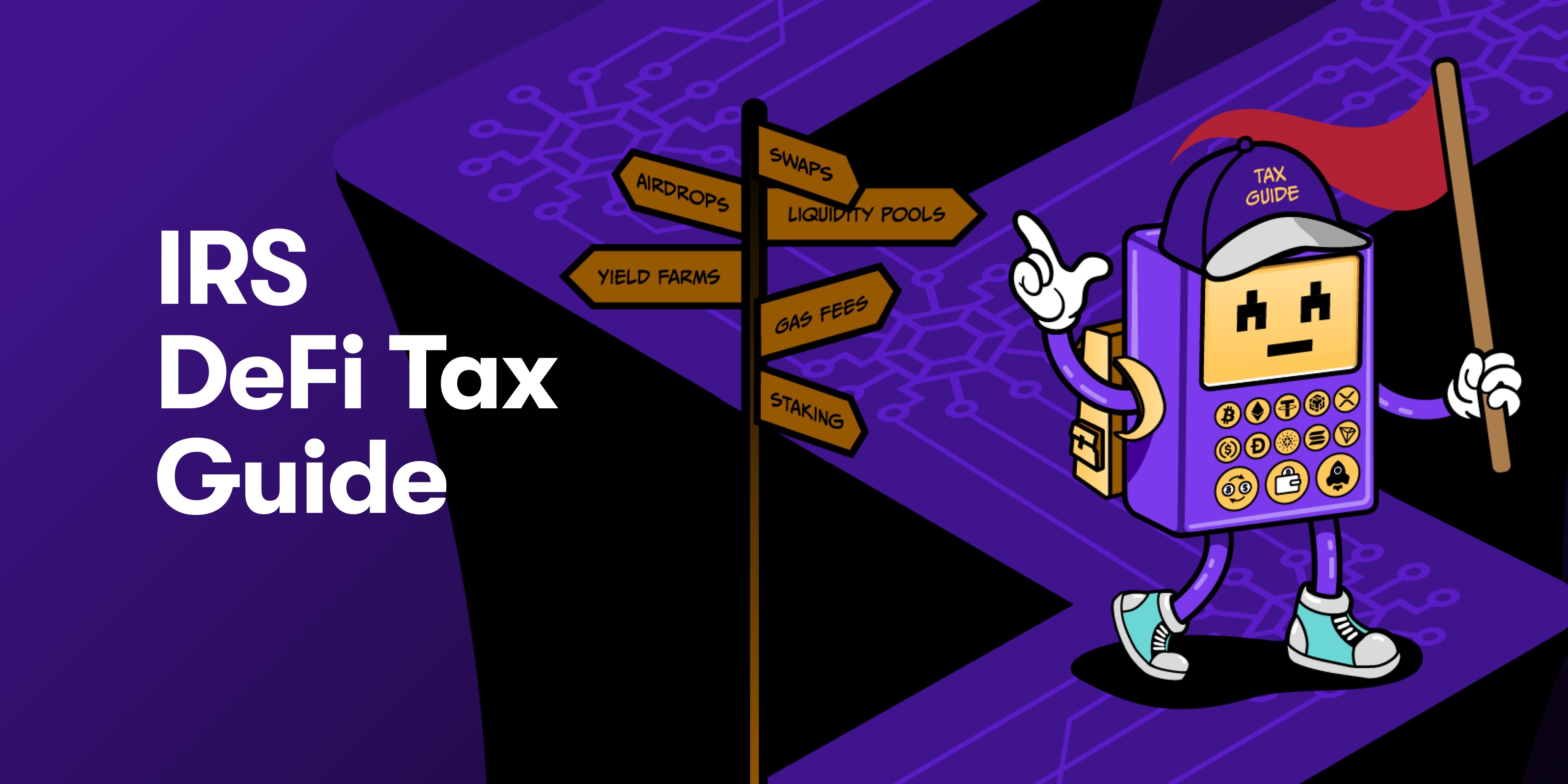A common question for crypto investors and traders in whether they can account for different parcels of crypto under the first-in first-out of last-in first-out methods – or if they can choose. Each can give wildly different tax outcomes and using the wrong method can expose you to risk. This article will walk through the current ATO guidance on this.
For Investors – some choices available
The ATO position on disposals of identical assets (shares, units, perhaps also crypto) is relatively clear.
In Taxation Determination TD 33, the primary position is that where a disposal of shares occurs and you can distinguish which parcel is which such as share certificate numbers, different classes and others, the cost base and date of purchase for CGT purposes are known. However, where the position is not known, TD 33 allows for a taxpayer to decide themselves which parcel of shares are being disposed of. The ATO accepts the First In First Out basis as a reasonable method, though there is no restriction on reasonable methods – Last In First Out is also acceptable, as is Highest In First Out.
An average is not acceptable unless the shares are in the same company, acquired on the same day and have identical rights.
For traders – limited choices
Where there is specific items of trading stock being transacted, the actual cost of each parcel is preferred. Often this is not available, or multiple parcels have been purchased and unpicking which is being sold is not practical or accurate.
The ATO accepts that First In First Out is the only available method for trading stock where specifically identifying the particular parcel is not possible.
This is outlined in in Taxation Ruling IT 2350 and Taxation Ruling TR 96/4. An average cost method is not acceptable per Taxation Ruling IT 2289.
Does this apply to crypto assets?
There is no specific guidance on whether the ATO will accept the above for crypto. There are also no private rulings on the topic yet. In our discussions with the ATO cryptocurrency specialists it was agreed that this treatment will likely apply. Investors and traders should watch this space for specific guidance from the ATO on this topic. Any tax controversy with crypto assets can be handled by the Chamberlains tax and crypto specialists who have a strong relationship with the ATO. The team is also clarifying various crypto tax issues with the ATO in the coming months.
The information provided on this website is general in nature and is not tax, accounting or legal advice. It has been prepared without taking into account your objectives, financial situation or needs. Before acting on this information, you should consider the appropriateness of the information having regard to your own objectives, financial situation and needs and seek professional advice. Crypto Tax Calculator disclaims all and any guarantees, undertakings and warranties, expressed or implied, and is not liable for any loss or damage whatsoever (including human or computer error, negligent or otherwise, or incidental or Consequential Loss or damage) arising out of, or in connection with, any use or reliance on the information or advice in this website. The user must accept sole responsibility associated with the use of the material on this site, irrespective of the purpose for which such use or results are applied. The information in this website is no substitute for specialist advice.










































































































































































